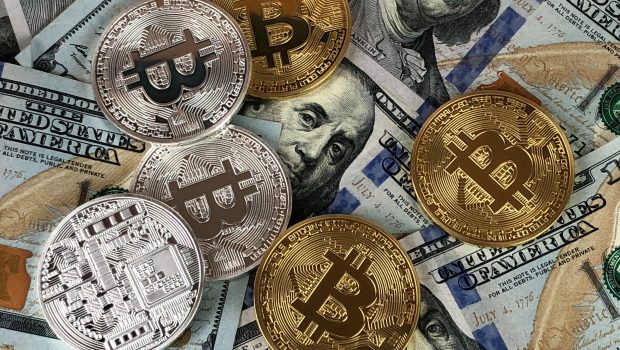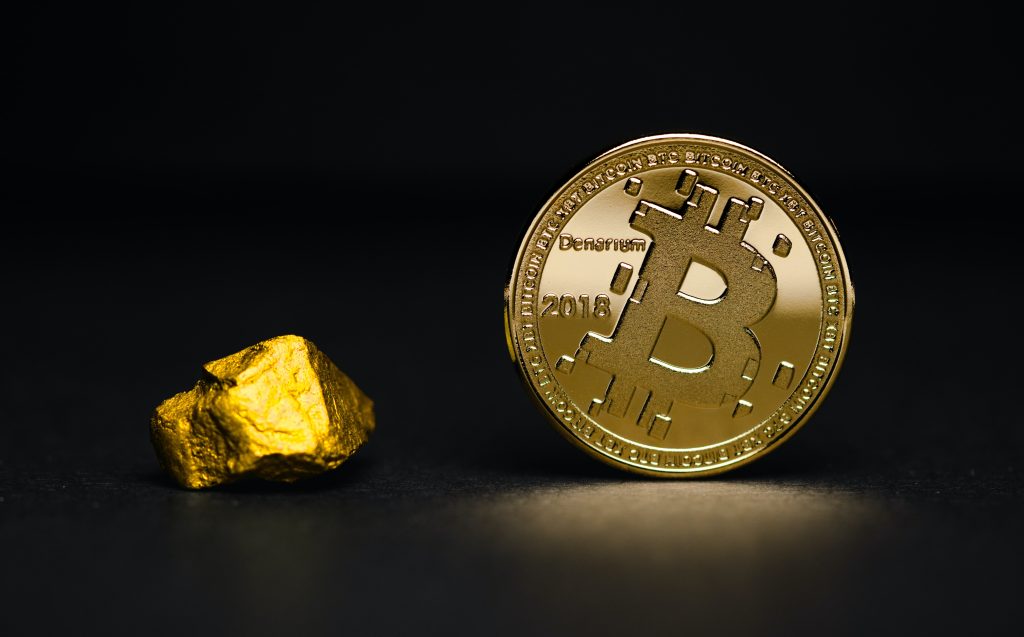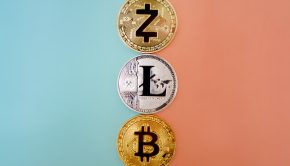Can Bitcoin be Used as a Tool Against Inflation?
Bitcoin, the first digital currency on a blockchain, is reaching new goals by becoming a supposed digital ledger and being adopted by multiple countries. While El Salvador still uses the asset against the country’s financial struggles, developed economies would have the technology and innovation necessary for the coin to be valuable as a legal ledger.
There are a few reasons why the Bitcoin price USD isn’t prepared to enter the current economy.
First, the cost of Bitcoin is volatile, meaning it can change overnight due to different supply and demand stats. At the same time, users need specific high-tech solutions to mine the coin, and for investors, safe wallets and proper antivirus products are required.
However, despite these challenges, Bitcoin has been found as inflationary, meaning it could be a stable option in times of economic struggles. In this case, wouldn’t it be easier just to use cryptocurrency when world inflation reaches exaggerated rates?
Well, things are not that simple.
Why is inflation tied to crypto?
When it comes to physical currencies, inflation occurs when their value decreases at a similar rate to the price increase of consumer goods. Therefore, the purchasing power is going downhill, affecting customers, companies and the entire economy.
Indeed, even cryptocurrencies experience inflation, but since their supply is low, the rate at which it occurs is relatively low. Generally speaking, Bitcoin is considered a hedge against inflation, even if mining can trigger it. Luckily, Bitcoin gets halved every four years, meaning the mining rate will stagnate, eventually leading to decreasing inflation.
Altcoins, on the other hand, might be prone to inflation since they’re linked with fiat money, so when currencies experience losses in value, digital assets like Ethereum, Litecoin and Dogecoin will be affected.
Why is Bitcoin inflationary?
For many years, it has been believed that Bitcoin is deflationary. That’s because its purchasing power has boosted over time, and its value and stability have been linked with gold’. However, after more expertise, it has been revealed that Bitcoin is inflationary due to its maximum coin supply that won’t decrease. Still, it will instead reach its hard cap of 21 million coins somewhere around 2140.
What if we use Bitcoin against inflation?
Until now, gold was considered the best tool to help people get through inflation matters. While it still remains a reliable income source, Bitcoin can be a great alternative to resist inflation in the real world. It also provides excellent protection due to:
- Limited coin supply that lowers the risk of being hit by inflation since no new coins will enter circulation;
- Its global demand is not tied by any currency, therefore eliminating economic and political issues;
- High transferability features thanks to decentralization features of the blockchain;
While few understand how perfect is the limited coin supply of Bitcoin. While Ethereum is praised for having an unlimited coin supply, Bitcoin’s maximum cap allows it to be the best option for users to secure their economic assets in times of difficulty. The creator of the currency intended to make Bitcoin appreciate over time, which is why frequent halving is necessary to keep the coin stable and valuable for longer.
Does Bitcoin have the same value regardless of the economic state of the world?
The way in which Bitcoin is affected by the outside world depends on certain aspects. For example, the price of Bitcoin can indeed be influenced by media outlets and investor sentiment because they’re shaping how users see the coin and, therefore, lead to increased buying or selling.
However, Bitcoin doesn’t have any link to GDP or export prices, which are elements that hit fiat money generally, which happens during a recession. That’s because it lives on the blockchain, an ecosystem continuously maintained by ledgers, validators and miners worldwide. At the same time, their efforts don’t include working with third parties, which is usually a way for system breaches to improve Bitcoin’s security.
Hence, Bitcoin can be used as a weapon against inflation, recession and other challenges by users globally, especially when financial institutions fail to provide them proper services and products. Ideally, people should have a reserve account in crypto that allows them to continue living even when economic disruptions occur. So, Bitcoin’s adoption worldwide would better shape the legal framework in which users can save money.
Can you save Bitcoin for the future?
There are numerous ways to save Bitcoin or earn value after it, from mining, trading or investing. However, there are specific ways to ensure you’re not risking your assets while saving for the worst times. For example, planning to invest in Bitcoin for the long term implies you are able to get through FOMO, which is something most investors experience.
To truly gather coins, you must hold your Bitcoins no matter what because if you decide to buy or sell again when the market is down or when prices are extremely high, you won’t be able to keep the assets for long. While it may be tempting, the best you can do is leave your portfolio alone.
At the same time, you must consider diversifying your portfolio for increased security. Therefore, invest in other assets besides Bitcoin because they’re a lot. You can start with altcoins, which have been created as a Bitcoin alternative. Although altcoins don’t get close to Bitcoin’s value, their risk assessment is lower, meaning that when the market is down, they will keep your portfolio safe. Some of the best altcoins right now include Ethereum, XRP and Cardano. You can add a bit of spice to your portfolio by investing in meme coins, such as Dogecoin, which had a huge success this year.
Final considerations
Bitcoin is one of the most powerful economic tools on the market because official assets, such as fiat money, are not tied to crypto. At the same time, it’s got a good reputation for helping people gather money for times of hardships, such as inflation or recession. Indeed, governments should adopt Bitcoin worldwide to protect citizens from political involvement, but this requires consistent mitigation for a proper legal framework.
Tweet



































